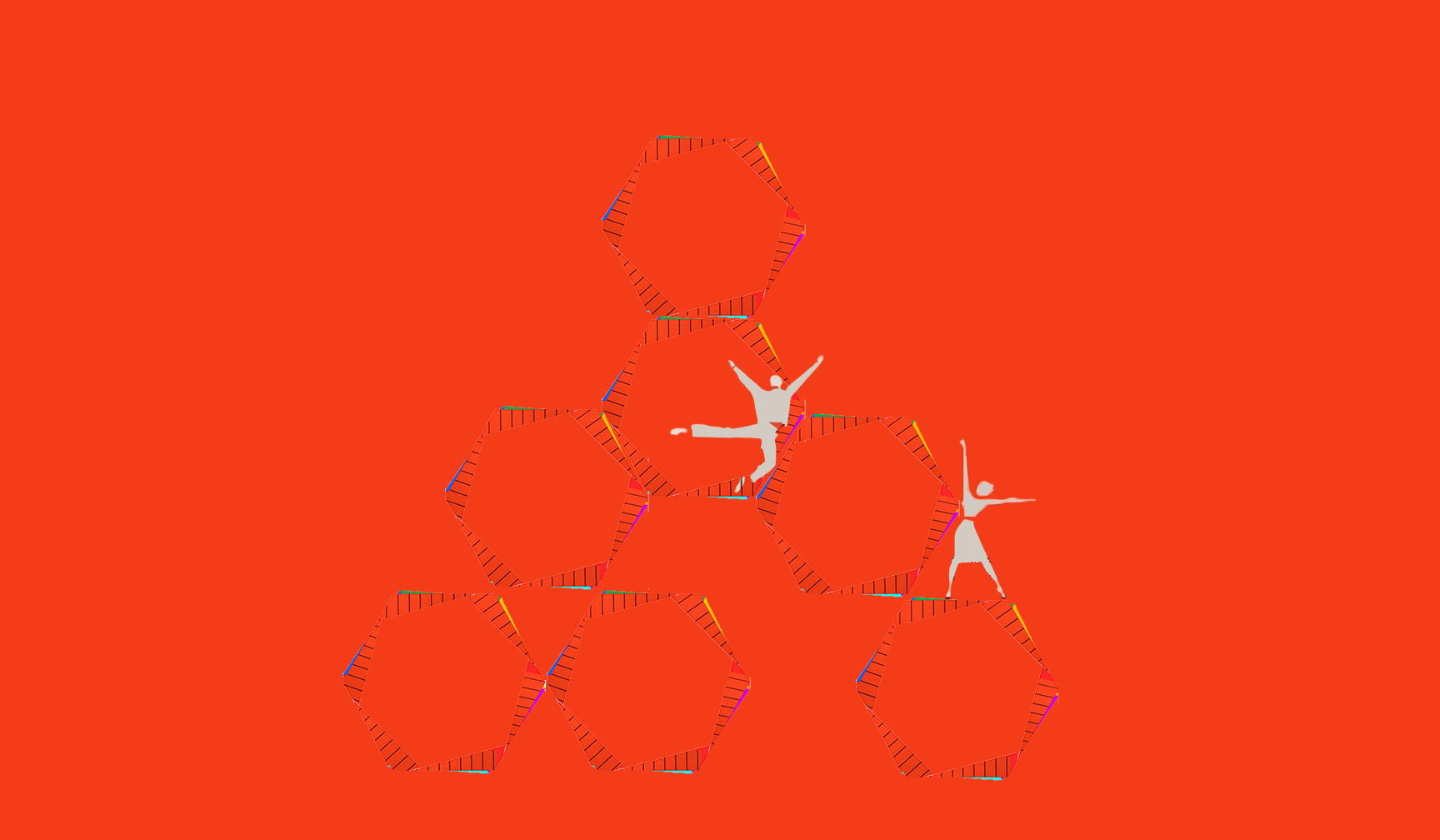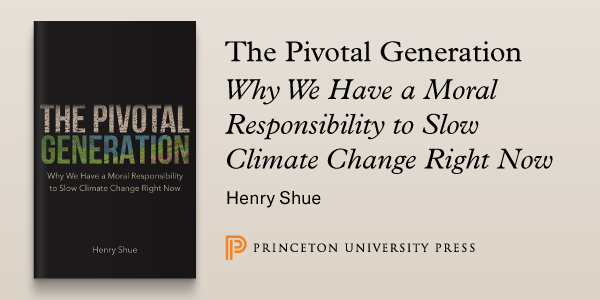Mini-Heap
New additions to the Heap of Links…

- The work of Moritz Schlick, his role in the Vienna Circle, and what might have been had he not been murdered — with Jonathan Birch (LSE), David Edmonds (Oxford), Maria Galavotti (Bologna), and Cheryl Misak (Toronto)
- “Understanding language requires understanding the world, and a machine exposed only to language cannot gain such an understanding” — though they’ve attained human-level rates of accuracy on Winograd schema tests, neural network language models do not seem to have attained humanlike understanding
- “Just how strong – philosophically – is the case for blowing up pipelines and power stations to save the world?” — not that strong, say philosophers
- “When people start writing a philosophical essay or thesis they are often advised to get an ‘overview of the literature first.’ Now I’m convinced this is a bad strategy” — don’t let your ideas be crushed by “the literature,” advises Martin Lenz (Groningen)
- The Google doodle of the day is of Émilie du Châtelet — the French philosopher and mathematician was born on December 17th, 1706
- The artistic and philosophical legacy of Stephen Sondheim — thoughts from scholars in philosophy, theater, English, and musicology
- “What can stories do that more quantitative work cannot?” — Alexander Prescott-Couch (Oxford) on integrating narratives into social science
Mini-Heap posts usually appear when 7 or so new items accumulate in the Heap of Links, a collection of items from around the web that may be of interest to philosophers. Discussion welcome.
The Heap of Links consists partly of suggestions from readers; if you find something online that you think would be of interest to the philosophical community, please send it in for consideration for the Heap. Thanks!



Re: Blowing up pipelines and power stations. It amazes me how often (and fundamentally) so many philosophers can be out of touch with the everyday world and locked in their heads (offices, books, ideas, ideals, and ivory towers) about what they believe or presume goes on beyond their voluntary quarantines or self-imposed exile.
At least two of the philosophers who argue that destroying pipelines and power stations is either ethically wrong or counter-productive simply claim or assume that attacks on property are instances of “violence”. (Another rambles on about the so-called “good life”.) It may or may not be the case that such acts are warranted, but these “experts” provide no support, argument, or evidence for accepting the assumption or assertion about what violence is or is not. The author (and argument) of the book upon which they are commenting, however, does make distinctions between acts of sabotage against property (which he believes are justified) and violence against human beings (which he seems to believe are not). In the article, he is quoted as saying, “I am in favour of destroying machines, property – not harming people. That’s a very important distinction.” In the book, he characterizes property destruction as a kind of violence but notes that “we must insist on it being different in kind from the violence that hits a human (or an animal) in the face.” (Personally, I don’t see why property destruction must be considered violence unless it assaults what the author speaks of as “the material conditions for subsistence”.)
Hannah Arendt once remarked that philosophy involves the art of making distinctions, but in this case, unfortunately, none of the commentators chose to follow this model or advice.